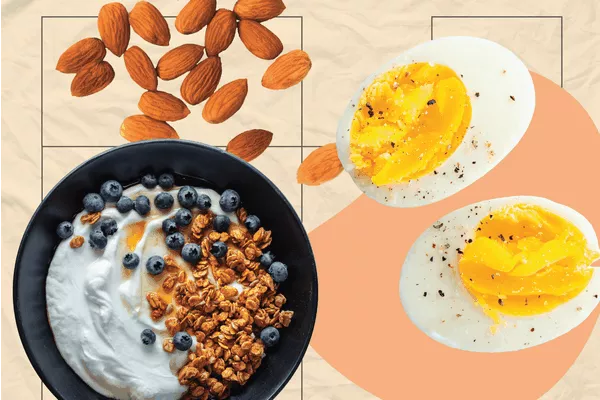In the ongoing pursuit of healthier dietary choices, the quest for sugar-free options has become paramount. Among these options, fruits often stand out as a go-to choice for those seeking natural sweetness without the added sugars. However, not all fruits are created equal when it comes to sugar content. In this article, we delve into the world of fruits to identify those that are truly sugar-free, examining the nuances of sugar content in various fruits and debunking common misconceptions along the way.
Understanding Sugar in Fruits
Before we embark on our exploration, it’s crucial to understand the nature of sugar in fruits. Fruits naturally contain sugars, primarily in the form of fructose, glucose, and sucrose. These sugars contribute to the fruit’s characteristic sweetness and provide energy to the body. While these sugars are naturally occurring and come with essential nutrients, such as vitamins, minerals, and fiber, excessive consumption can contribute to health issues such as obesity, diabetes, and tooth decay.
Debunking the Myth of Sugar-Free Fruits
The notion of sugar-free fruits often stems from a misunderstanding of sugar content and terminology. While certain fruits may have lower sugar content compared to others, the term “sugar-free” is misleading when applied to fruits. Even fruits touted for their low sugar content still contain natural sugars.
Low-Sugar Fruits: A Closer Look
While no fruit can claim to be entirely sugar-free, some varieties contain lower amounts of sugar compared to others. These fruits can be valuable options for individuals seeking to moderate their sugar intake while still enjoying the natural sweetness of fruit.
1. Avocado
Avocado, often celebrated for its creamy texture and healthy fats, is one of the lowest-sugar fruits available. With less than 1 gram of sugar per ounce, avocado stands out as an excellent choice for those watching their sugar intake. Additionally, avocados are rich in fiber, potassium, and vitamins, making them a nutritious addition to any diet.
2. Berries
Berries, including strawberries, blueberries, raspberries, and blackberries, are renowned for their antioxidant properties and vibrant flavors. Compared to other fruits, berries typically contain lower amounts of sugar while offering a plethora of health benefits. For example, a cup of strawberries contains approximately 7 grams of sugar, making them a relatively low-sugar option. Incorporating berries into your diet can add sweetness without causing a significant spike in blood sugar levels.
3. Lemons and Limes
Citrus fruits like lemons and limes are known for their tartness rather than sweetness. These fruits contain minimal sugar, with less than 2 grams of sugar per fruit. While they may not be eaten whole like other fruits, their juice and zest are commonly used in cooking, baking, and beverages to add flavor without the added sugars.
4. Tomatoes
Although commonly mistaken for vegetables, tomatoes are technically fruits and are surprisingly low in sugar. With approximately 2 grams of sugar per 100 grams, tomatoes offer a savory-sweet flavor profile that complements a wide range of dishes. Rich in antioxidants and vitamins, tomatoes are a versatile ingredient suitable for salads, sauces, and snacks.
5. Cucumbers
Cucumbers are another example of low-sugar fruits, often enjoyed in salads, sandwiches, or as a refreshing snack. With less than 1 gram of sugar per ounce, cucumbers provide hydration and a crunchy texture without contributing significant amounts of sugar to your diet.
Conclusion
While the concept of sugar-free fruits may seem appealing, it’s essential to recognize that all fruits contain natural sugars to some extent. However, by choosing fruits with lower sugar content and incorporating them into a balanced diet, individuals can enjoy the benefits of fruit consumption without excessive sugar intake. Avocado, berries, lemons, limes, tomatoes, and cucumbers are just a few examples of fruits with relatively low sugar content that can be part of a healthy eating plan. By understanding the nuances of sugar in fruits and making informed choices, individuals can embrace the sweetness of nature while promoting their overall well-being.
























